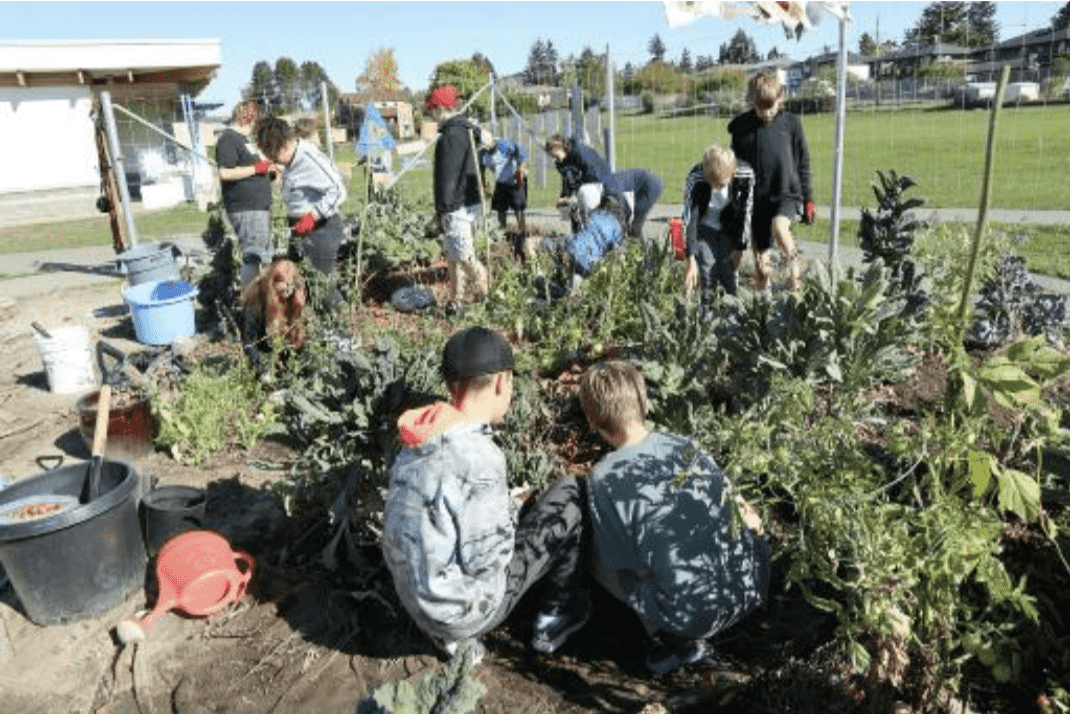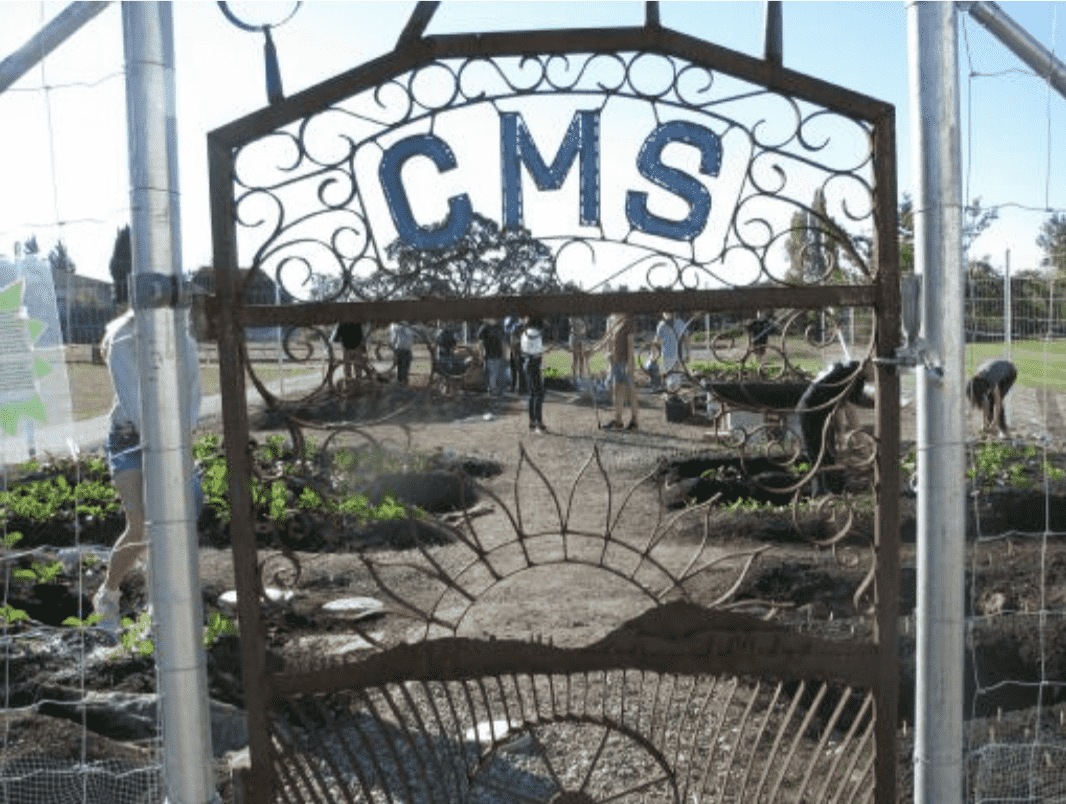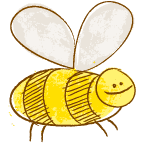The garden at Colquitz Middle School threads together traditional curriculum with practical lessons in environmental stewardship, nutrition and the local community for relevant and meaningful learning experiences.
“Having the Sustainable Resource Exploratory class has helped Colquitz Middle School be a leader in offering outdoor experiential learning.”
When the Victoria, British Columbia middle school started planning their learning garden in 2013, they set out to establish a self-sustaining, organic outdoor classroom that would integrate hands-on practices of curriculum like science, math and the humanities, as well as support their bi-weekly Farm to School lunch program. Today, as the garden continues to grow, so does its potential impact on students.

A driving force behind the success of Colquitz’s on-site garden has been the Sustainable Resources (SR) Exploratory class taught by educator Laura-Lyn Helton. While enrolled in the multi-month course, students have two 85-minute classes per week and study agriculture, forests, fisheries, water and native plants.
The SR class originally had a limited reach, but in 2017, it expanded to include the whole school — approximately 450 students. That fall, students planted their first large, year-round garden. Since then, they have been involved in all aspects of gardening from planning, planting, harvesting and preparing healthy dishes for bi-weekly lunches. The SR class allows the entire student body to spend at least eight weeks in the garden during a school year.
“Having the Sustainable Resource Exploratory class has helped Colquitz Middle School be a leader in offering outdoor experiential learning,” explains teacher Laura-Lyn Helton.
The 75x35-square foot organic garden brings many of the SR course’s lessons to life as students learn about seed saving, planting, growing and harvesting strawberries, kale, arugula, mustard greens, broccoli, peas and more. The garden lends itself to a wide range of lessons from how to compost and mulch to the importance of eating local to the benefits of companion planting.

In addition to the outdoor garden, the SR classroom has an indoor aquaponics system, which is a combination of aquaculture (raising fish) and hydroponics (growing plants without soil). The system uses these two symbiotically; the fish fertilize the water for the plants, and the plants purify the water for the fish. The class uses their aquaponics system for growing basil and lettuce.
In 2013, Helton also launched a bi-weekly Farm to School (F2S) lunch program that sources from the learning garden and supplements with fresh produce from local farms to feed approximately 150 staff and students. SR students who help prepare the lunch get a free lunch too. Menu items have ranged from soups, salads and roasted root vegetables to stir-fries, eggplant moussaka and zucchini parmesan. This relationship between the garden and the cafeteria made through the F2S lunch program actualizes the school’s goal of getting healthy, local and sustainable foods into the minds and onto the plates of Colquitz students.

“Success looks like food being grown, harvested and eaten by many students throughout the week — not just what we serve in the Farm to School lunch,” explains Helton. “Students regularly just eat purple sprouting broccoli, kale, mint, chives and more while working in the garden or at nutrition break during outside time if the garden gate is unlocked.”
Colquitz’s approach to the learning gardening not only takes into consideration academic lessons but also reflects the community around them — specifically the First Nation’s communities. Ten percent of their student body are Aboriginal First peoples. The learning garden includes a medicine wheel that is divided into four quadrants and features edible and medicinal Indigenous native plants. The school has hosted drumming circles and ceremonies with local Elders there, and in the spring of 2018, local Indigenous Elders performed a blessing ceremony.

Colquitz has plans to expand its garden — and learning opportunities — with its upcoming orchard project. The school is raising money to purchase native fruit and nut trees, and the materials to protect them for the first few years until the trees are established. The plan is to plant between 15 and 20 trees during the spring of 2021.
Ultimately, time in the SR classroom, learning garden, kitchen classroom and cafeteria on F2S days teach food literacy and help students understanding the impact of their food choices on their health and the health of the planet.
Whole Kids Foundation awarded Colquitz Middle School a Garden Grant in 2018. We are honored to play a small part in their valuable work and look forward to seeing how their garden, orchard and program grow.



